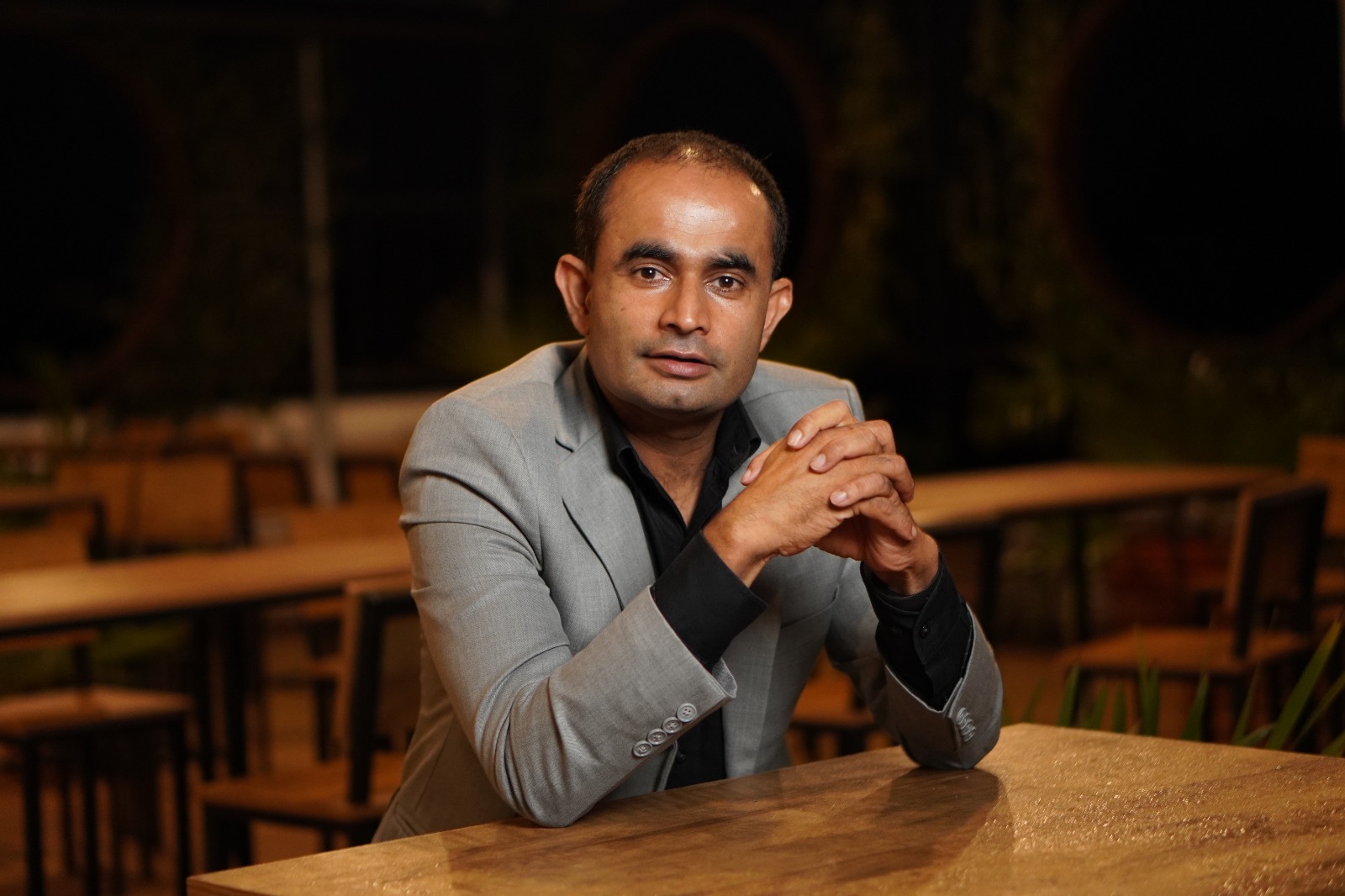Introduction: Greatness Doesn’t Always Make Noise
In a business world obsessed with disruption, noise often drowns out the quiet work that actually drives progress. Flashy launches, trending jargon, and startup spectacles dominate headlines. But Sabeer Nelli, founder and CEO of Zil Money, proves that true innovation doesn’t have to announce itself. Sometimes, the most effective builders are the ones you don’t hear coming.
Sabeer didn’t arrive through Silicon Valley pipelines or media hype. He came through systems, structure, and sheer execution. From humble beginnings managing gas stations to creating a fintech platform trusted by over a million users, his journey has been anything but ordinary. And perhaps most impressively—he’s done it all without compromising on his quiet, process-first principles.
This is the story of a leader who mastered the art of mundane excellence—and turned it into momentum.
From Ground-Level Experience to Digital Precision
Long before Zil Money, Sabeer Nelli was deep in the operations of Tyler Petroleum, his Texas-based fuel and convenience store company. He wasn’t reading spreadsheets from a corner office—he was inside the day-to-day grind: managing vendor deliveries, training staff, and tracking every cent at the register.
This hands-on experience gave Sabeer a superpower few tech founders possess: operational empathy. He knew, from experience, the problems small business owners face—not just at a conceptual level, but at 6 a.m. while handling a vendor dispute or reconciling cash flow manually.
So when he eventually transitioned to fintech, he didn’t build for what sounded cool. He built for what actually matters to small businesses. Simplicity. Accuracy. Speed. Stability. The stuff that doesn’t get much press—but gets the job done.
The Business Model of Boring
In an age where startups pitch AI-driven, blockchain-enabled, cloud-native revolutions, Zil Money took a different approach: it just worked.
- Check printing that doesn’t require a PhD in UI.
- ACH transfers without hidden fees.
- Payroll by credit card when your balance sheet is tight.
- Same-day wires that feel like magic but run on methodical engineering.
These are not “exciting” features. But they are lifelines for thousands of entrepreneurs. Sabeer realized that if he could eliminate friction in the most tedious business tasks, he’d win customer loyalty—not clicks.
And he was right. Today, Zil Money processes over $91 billion in transactions, not through ads or hype, but because it quietly solves problems better than anyone else.
Product Strategy: Make it Predictable, Not Just Pretty
One of the cornerstones of Sabeer’s strategy is this: predictability beats novelty.
The fintech industry is notorious for launching half-finished features to chase trends. Zil Money flips that script. Every feature it rolls out is grounded in user behavior and tested in real-world conditions. There’s no rush to release something shiny—only a drive to release something solid.
Even visually, the platform favors clarity over flair. Sabeer understands that his users aren’t browsing for fun. They’re on a mission: move money, meet payroll, reconcile accounts. The interface reflects that urgency—clean, accessible, and free of distractions.
This quiet UX philosophy extends to every corner of the platform. Even the onboarding experience is crafted with intention. You log in, understand what to do, and get back to work. That’s a feature in itself.
Culture of Autonomy and Ownership
Sabeer Nelli doesn’t micromanage. But he does set the tone.
At Zil Money, every team—from product to compliance to customer support—is built around ownership. Teams are encouraged to solve problems independently, document solutions clearly, and iterate without permission-seeking delays.
It’s a culture that mirrors how small businesses operate: lean, fast, and responsible. And it ensures that Zil Money doesn’t become bloated as it scales.
Sabeer’s leadership doesn’t revolve around charisma or showmanship. It’s rooted in accountability. In his world, leadership is about setting expectations and trusting people to rise to them.
A Fintech Company That Thinks Like a Utility
Zil Money doesn’t aspire to be a lifestyle brand or a consumer darling. It aspires to be a utility—essential, consistent, and everywhere. The product doesn’t ask users to fall in love with it. It asks them to trust it.
That’s why reliability is the metric that matters most. If the system is down, that’s a failure. If a check prints wrong, that’s a miss. The company is obsessed with reducing these points of failure—not because it makes good marketing, but because it makes good business.
And in fintech, where money is on the line, users don’t forgive friction. They reward consistency. Zil Money’s quiet dominance in this area is a testament to Sabeer’s infrastructure-first thinking.
Practical Takeaways from Sabeer’s Playbook
Whether you’re leading a startup or a legacy business, Sabeer Nelli’s principles offer timeless lessons:
- Prioritize Function Over Form
Design should never outshine usability. A good product gets the job done, not applause. - Stay Close to Real-World Pain
Sabeer built Zil Money not from a whiteboard but from lived frustrations. Talk to users. Be your own customer. - Solve Boring Problems Exceptionally Well
There’s gold in the mundane. Streamlining check processing or payment workflows might not excite investors—but it delights users. - Build Systems Before Scaling
Growth should be a result of operational readiness, not marketing volume. - Lead Without Noise
Leadership isn’t about visibility. It’s about responsibility. Let your team take credit. Let the product speak.
Final Thought: Let the Work Speak for Itself
In the end, Sabeer Nelli’s journey reminds us that the best builders don’t need to shout. They ship. They show up. They stick around when others flame out. And they don’t build businesses for TechCrunch headlines—they build them for customers who simply need things to work.
Zil Money may not be the flashiest fintech company. But under Sabeer’s quiet leadership, it’s become one of the most trusted. And in the long run, that trust compounds.
Because in a world full of noise, the company that just works is the one that wins.
Read More From Techbullion































